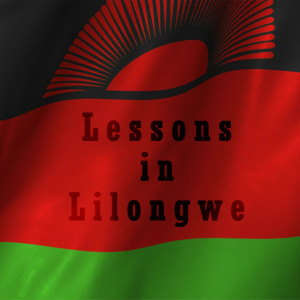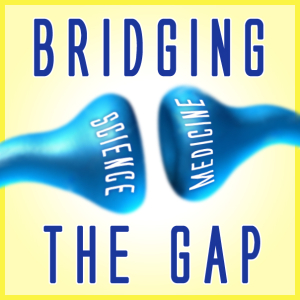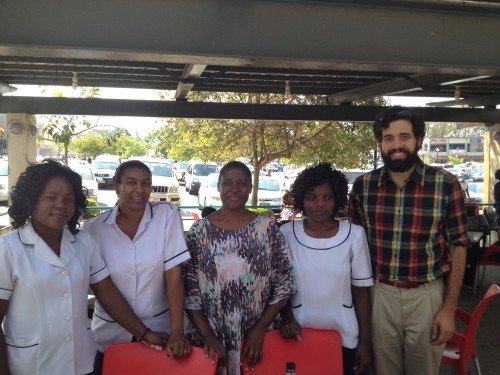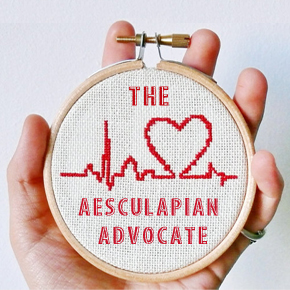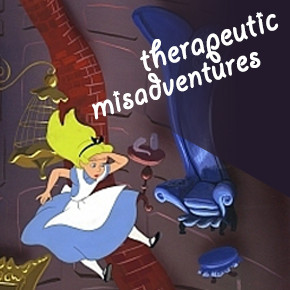Death
I recently finished reading Tracy Kidder’s Strength in What Remains, which highlights one man’s journey from the genocide in Burundi and Rwanda to becoming a refugee in New York City. Some chapters are quite graphic in their descriptions of the slaughtering of Hutus and Tutsis — the pain, suffering and atrocities he witnessed. These deaths seemed nothing like being on a morphine drip in an ICU bed or falling into a final deep sleep as your family surrounds you with tears and prayers. Instead they seemed gruesome and inhumane.

